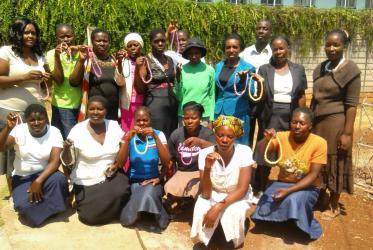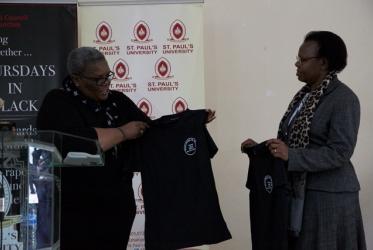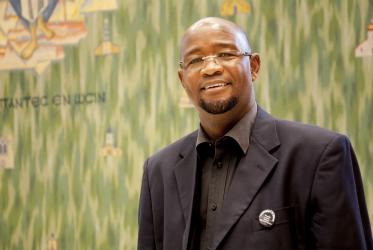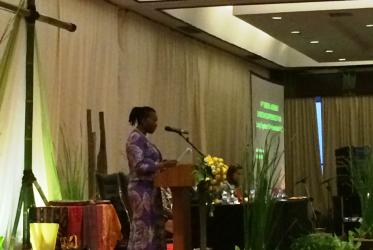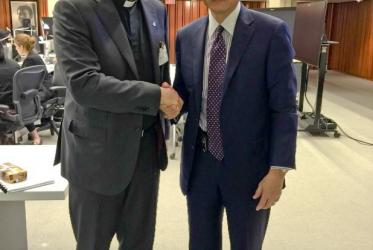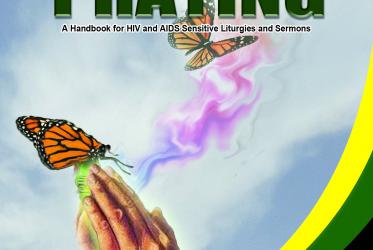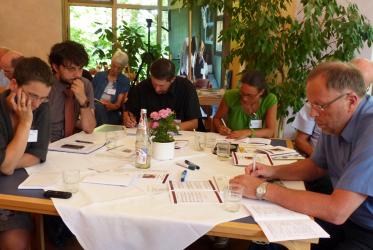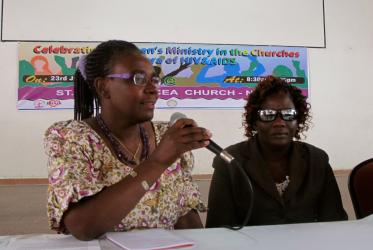Displaying 341 - 360 of 412
30 November 2015
Overcoming discrimination to address HIV in Zimbabwe
11 November 2015
Training empowers women affected by HIV and AIDS in Zimbabwe
10 November 2015
Church activists address HIV and AIDS in Kenya
26 October 2015
No place for hunger in a world of abundance
02 October 2015
WCC group evaluates ecumenical HIV and AIDS response
29 June 2015
WCC considers AIDS report a “valuable tool”
26 June 2015
Churches need to do more to tackle HIV and AIDS
23 June 2015
“Jamaica Praying” – a manual for HIV and AIDS has been launched
23 February 2015
Addressing the HIV threat through education and training
23 February 2015
Churches have a special role to play in HIV response
18 November 2014
Dealing as a church with HIV
13 October 2014
Christian responses on health and healing
16 July 2014

